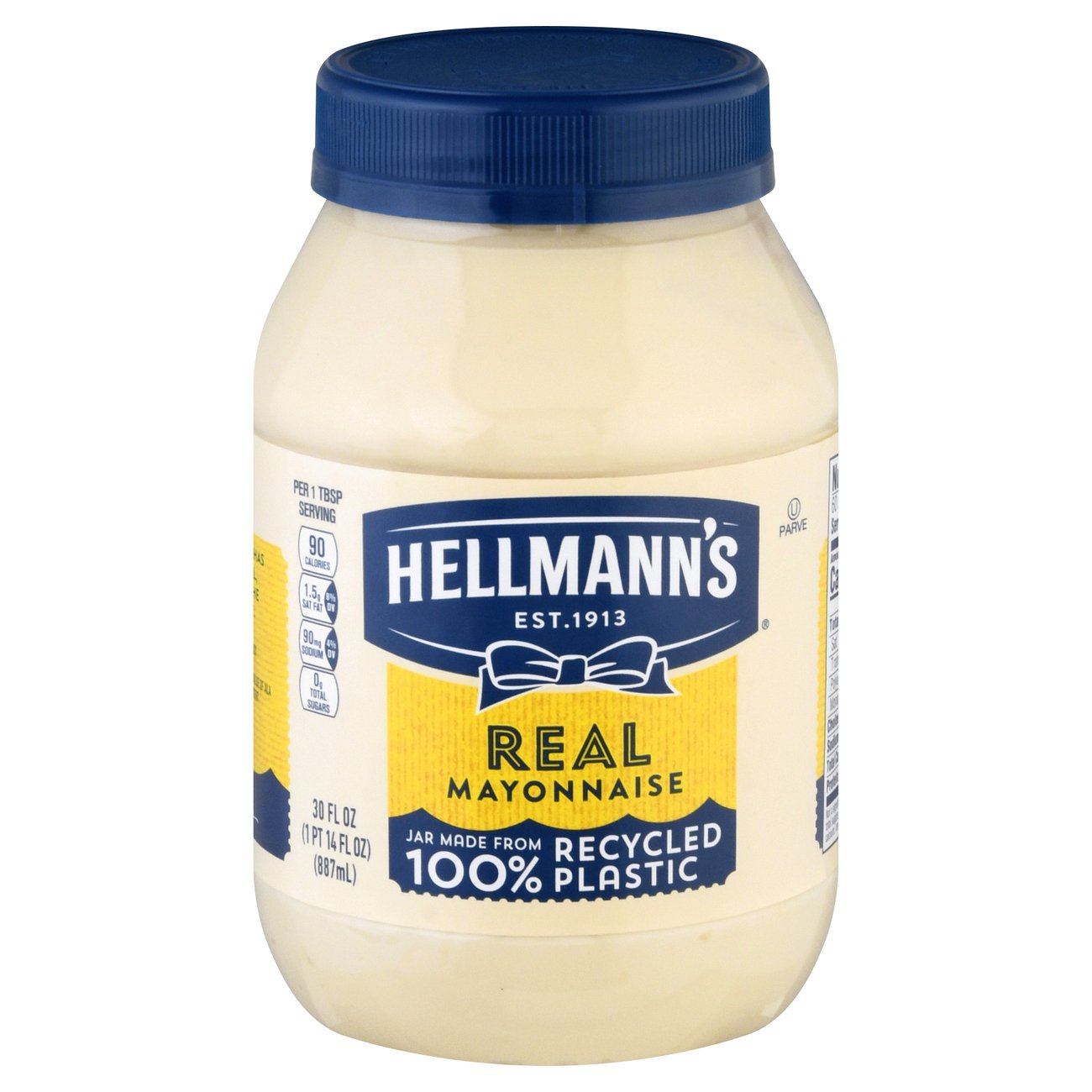Or they do but I feel like the gravity of the statement alone never really registers
Was recently reading a book written a long ass time ago by some Brit where he talked about how a lot of the value in currency (coins and paper of the time) came from the fact that they were all tangible
And now wealth/money is completely digital. Of course the fed still prints shit, but with the amount of people who use Apple Pay/venmo to exchange “money” from person to person?
Actually, does anyone know what I’m trying to say rn? Is money just a Trojan horse?
-read Debt by David Graeber
-as long as it still buys me food, gets me a warm dry place to sleep, etc it is very real to me.
Graeber is cool but he is part of a larger conversation about monetary history none of us should be left out of as materialists
The number has always been imaginary and its purpose has always been to hide where the value is created
Focusing on the absurdities of the contradictions isn’t really productive outside of agit prop, and even then it’s only effective to a very marginal group
Money represents value, it is not more fake now that it’s digital.
I mean I guess as far as I’m concerned money has always been fake. Oh, this useless shiny rock is worth this amount of your flour today because of how rare the shiny rock is and how rare your flour is and the fact that the shiny rock has been cast into some king’s face or whatever? Yeah okay, sure, whatever you say dude.
When shit really hits the fan, money is always worthless. You can’t feed your kids or stave off dehydration with all the jewels in the world, any more than you can with the magic numbers in your online bank portal. It’s an abstraction we use when society is functioning as normal to make the exchange of stuff go smoother, and in that sense it’s working the same as it always has.
Idk I’m not an economist or anything
Doesn’t matter if it’s tangible or numbers on a screen. It still dictates whether I have a roof over my head
For many people, seems like money is just debt now.
Me paying only the last statement’s balance instead of everything or else FICO is unable to detect that I used my credit card

I don’t see your point. How is digital money more fake than coins and paper money? It’s a thing with a number on it. A social construct.
Also, as someone else pointed out already, read Debt by David Graeber. Ir listen to Everyday Anarchism 's podcast series on that book
deleted by creator
Non-cash currency is a project to exclude non-consumers from the economy and to surveil everyone else. Every good or service that requires a credit card or only does online payments is a good or service that is denied to people that can’t afford the cost of entry into the non-cash economy. Every digital payment is a non-repudiable contract with your name on it that’ll be a tack on some electronic conspiracy board cooked up by an LLM.
Very funny to see someone posting libertarian paranoia about CBDCs on a Leftist Idealism Forum. Wall Street as it turns out dislikes extant proposals for CBDCs because of how they would affect financial markets. Not surprising though everyone goes full More Perfect Union (actual patsocs), Chris Hedges, George Orwell idealism here at the drop of a hat
First, it’s /c/doomer, which is definitionally idealism. There is no serious analysis, only vibes.
Second, it’s an uncharitable read to not infer the implied “under capitalism”. If you can find me a central bank in empire that is not an organ of the surveillance state, I’ll be very pleased to adjust my position on some things. Or are you living in a world where the Fed is actually going to do something like DCEP?
The value of currency comes more from the state enforcing it rather than tangability. It’s a bit of a meme by now because of how often I see the book mentioned when money comes up, but “Debt” by Graeber is a good read on the development of money.
Ever since the gold standard was abolished by Bretton Woods agreement, money wasn’t really tangibly anything. It used to be “I trust the government has a piece of gold they say is the value on this note stored somewhere”. Then it became arbitrary value related to a bunch of central bank stuff that comes down to moving numbers around on a spreadsheet. Now we’re moving money more directly on spreadsheets somewhere.
Money becoming more traceable as stuff changes to credit cards and apple pay is a different issue IMO.
I’ve been awake for a few days again so pretend I wrote something smart here about use value vs. exchange value. My brain don’t work right now.
Money is fake gang represent
Bruz, we live with a world so absurd yet the only familiar one we know so much of that we have to live and adapt to it…
Idc if money’s a social construct, its use as a tool to buy, sell, credit or endebt someone. etc. is still clear and powerful to anyone
I think it’s kind of an already argued point that most people conceded decades ago, what’s there to talk about?
Not long ago, it used to be your money was worth a set amount of gold, tangible gold bullion you were guaranteed you could get for your dollar, but now it’s fiat. And fiat is a just a euphemism for “its imaginary”. Not that gold bullion has a great practical value either.
Is money just a Trojan horse?









